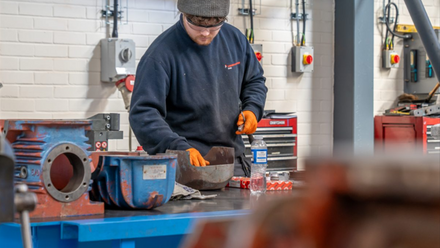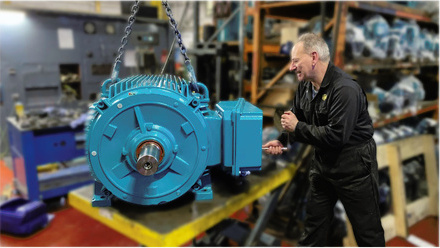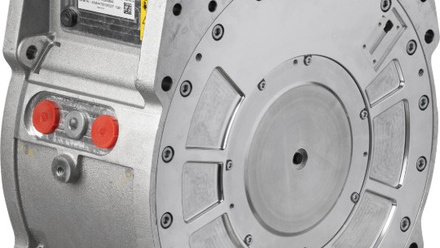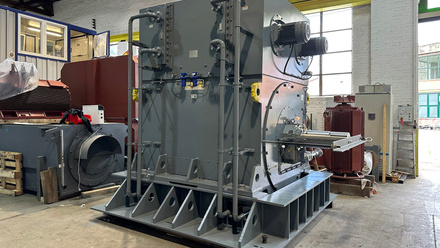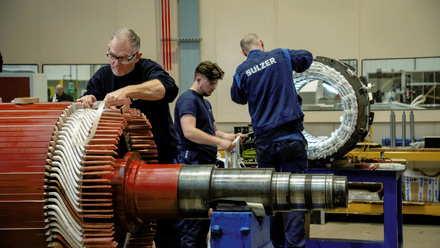ROTARY ENGINEERING HELPS LOCAL STUDENTS SECURE THE PRESTIGIOUS INSPIRE AWARD
Alongside a financial contribution to the project, the company’s engineers, Kevin Tate and Jack O’Neill, were made available for advice if needed. However, the team at Derby Grammar School was confident in its project and needed no assistance.
At the event, held at Sheffield Hallam University in March, the team of students confidently completed the challenge of picking up a brick and hooking it onto a metal tube with a robot, and as a result, won the Inspire Award. The team, which included aspiring engineers, lawyers and doctors who demonstrated excellence in engineering, teamwork, perseverance and innovation, will attend the international finals in London in June.
The design included a clamp with helical teeth, several 3D printed components and extendable lanyards for cable management. Rotary paid for the main chain drive, linear guide for raising the arm and expansion box for extra IO.
Recognising the essential role engineering plays in the future success of the business, Rotary is keen to inspire children to consider engineering as a future career and has previously supported the Primary Engineer initiative, working with younger children.
The company is firmly rooted in its home town of Sheffield, having been based in the town since it was formed in 1952; as such, it has been a proud carrier of ‘Made in Sheffield’ accreditation for its products. It has now taken this a stage further and has recently achieved recognition for ‘Made in Britain’ status.
The Made in Britain mark recognises the provenance of goods manufactured in Great Britain and Northern Ireland and reflects the quality and desirability of British-made goods while uniting British manufacturing sectors, and helping consumers, buyers, and specifiers identify products made by its members. Indeed, a survey carried out in 2024 found that 79% of UK companies today recognise the official Made in Britain Trademark, amid rising business demand for British products, while a growing 56% of consumers recognise the mark, with more than half of those surveyed preferring to buy goods produced in Britain where possible.

